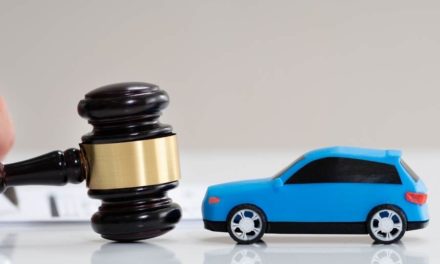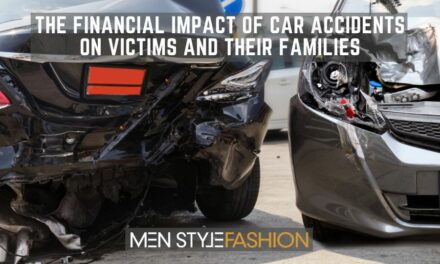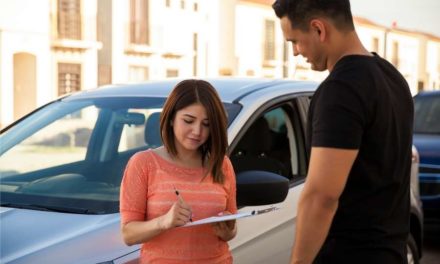If you’ve ever rented a car, you know that you will be offered a daily insurance policy to cover the rental car. There is a daily charge in addition to whatever rate, fees, and taxes you have to pay for the car. It might please you to know, however, that if you have a liability policy, you should be covered when driving that rental car unless your policy says otherwise.
Does liability insurance cover the driver or the car?
Many people wonder whether or not they need to check to make sure that their friend’s insurance is up to date before borrowing a car. Can you imagine the awkwardness? “Before you do me the favor of lending me your car, I’d like to also look at your insurance policy to make sure that I’m covered.” The good news is that you can avoid this sort of interaction if you have a liability policy for your own car. A liability policy follows the insured and not the car, so as long as you’re not driving a type of vehicle that isn’t covered, you’re covered.
What if an uninsured driver borrows my car?
So, if you’re insured, you’re covered for most cars you drive, but what about a situation where a friend who doesn’t own a car asks to borrow yours? You know that they don’t have insurance that follows them around. More good news. Your policy should cover all drivers. There are, of course, exceptions. You should ask your agent or review your policy before lending your vehicle.
What to Do if You’re in an Accident
Regardless of whether you’re driving your own car, a friend’s car, or a rental, the following guidelines are applicable to accidents.
Make Safety Your First Priority – Your safety should come first. You can’t help anyone else if exacerbate injuries or put yourself in further peril. Move to a position of safety and check on other drivers and passengers.
Contact 911 and Request Police and Fire Rescue – The dispatcher will need to know your location, direction of travel, the descriptions of vehicles involved, and the types of injuries. When police and rescue arrive, comply with their instructions. Allow yourself to be examined by EMTs and follow their recommendations.
Obtain the Names and Contact Information of Witnesses – Witnesses often leave before police arrive. If they are willing to help, ask for their, and contact information. The police or your attorney can follow up at a later time.
Take Videos and Photos – Nothing will help your attorney reconstruct the scene of an accident like visual evidence. If it turns out that you need a personal injury lawyer, this evidence will be invaluable. Do not, however, take safety risks to get images. If you can safely video the scene, you’ll want to get a view of the street, closeups of the damage, closeups of injuries, and geographic indicators.
Contact a Personal Injury Lawyer – If you’ve been injured in an accident, do not accept an offer from an insurer or sign a waiver without first speaking to a personal injury lawyer. You are entitled to reimbursement for medical expenses, lost wages, and pain and suffering. A personal injury lawyer does not charge anything upfront. They only collect once your case is settled or litigated.















